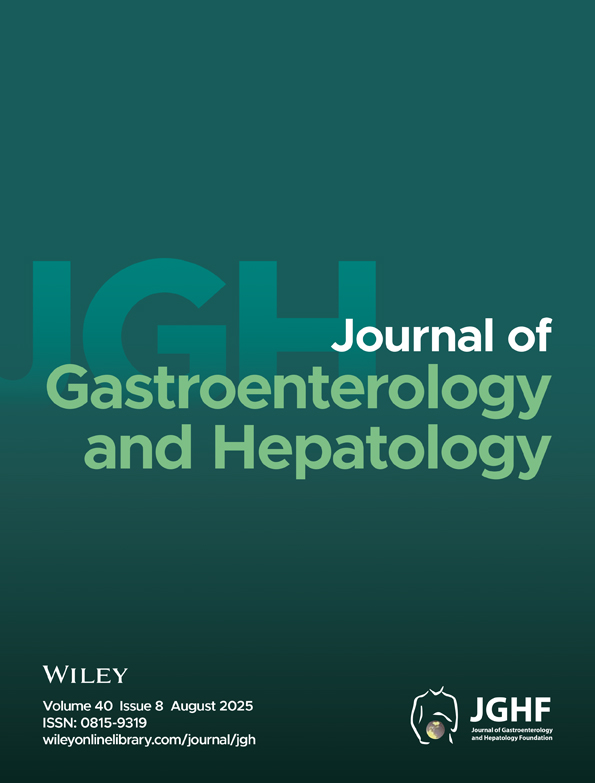Interleukin-1β induces cyclo-oxygenase-2 expression in gastric cancer cells by the p38 and p44/42 mitogen-activated protein kinase signaling pathways
Abstract
Background and Aims: Cyclo-oxygenase-2 (COX-2) is the inducible enzyme in the gastric mucosa responsible for prostaglandin production during inflammation and ulcer healing. The regulation of COX-2 gene expression in gastric epithelial cells is not well understood. In this study, we investigated the effect of interleukin (IL)-1β on COX-2 expression in the human gastric cancer cell, and explored the signaling pathways involved.
Methods: Gastric cancer cell line AGS was treated with IL-1β or the inhibitors of mitogen-activated protein-Erk kinase (MEK) and p38 mitogen-activated protein (MAP) kinase prior to the addition of IL-1β. The COX-2 mRNA or protein levels were measured by using RT-PCR or western blot analysis, respectively. Prostaglandin E2 (PGE2) production/secretion was determined by using the prostaglandin E2 EIA assay. The phosphorylation/activation of p44/42 and p38 MAP kinases were determined by using western blot analysis and using phospho-specific antibodies.
Results: Interleukin-1β treatment dose- and time-dependently increased COX-2 mRNA and protein expression levels, and enhanced PGE2 production/secretion in AGS cells. In contrast, IL-1β had no effect on the level of the constitutively expressed COX-1. In parallel to the increase of COX-2, we showed that p44/42 and p38 MAP kinase activities were also upregulated by IL-1β treatment. To demonstrate the cause–effect relationship, we showed that inhibition of MEK and p38 MAP kinase with specific inhibitors suppressed IL-1β-mediated increases in COX-2 mRNA and protein levels, and the PGE2 production.
Conclusions: Our results demonstrated that in human gastric cancer cells, IL-1β upregulates the COX-2 gene expression through the activation of MEK/p44/42 and p38 MAP kinases pathway.




